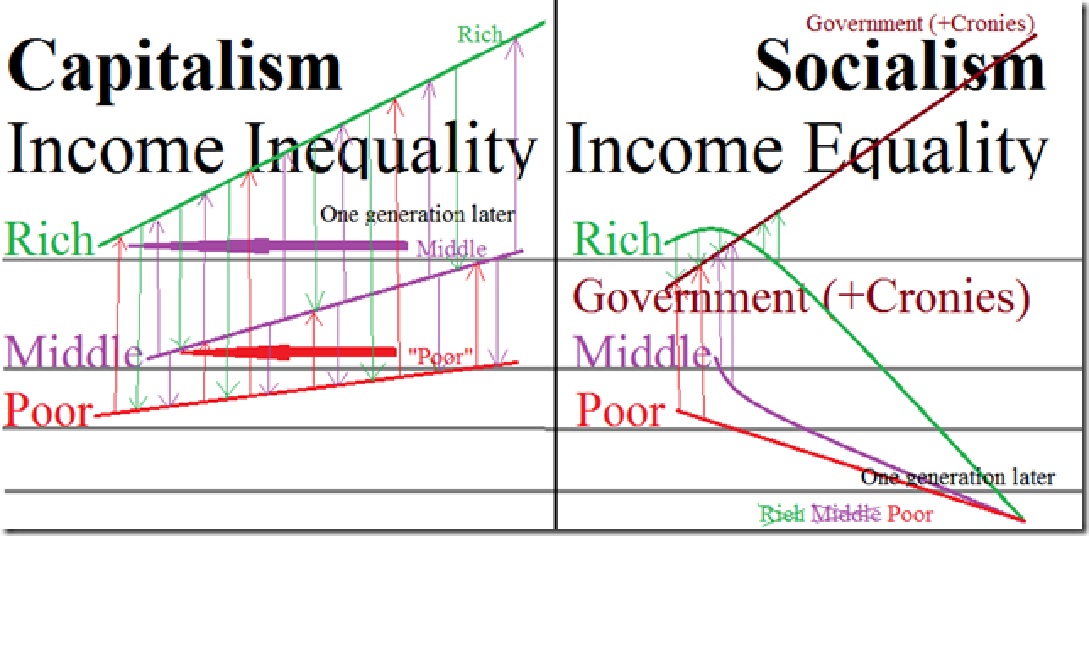“Corruption Is Just a Symptom, Not the Disease”
Professors Daron Acemoglu and James Robinson explain Corruption Is Just a Symptom, Not the Disease / To end global poverty, stop tolerating national institutions that serve greedy elites and suck poor countries dry, on 12/5 in the Wall Street Journal.
(Cross-post from my other blog, Outrun Change.)
Corruption is the highly visible symptom of much deeper issues.
The real problem?
The lack of an operating justice system. The lack of accountability. The lack of a free press that can actually get away with challenging those in power – that means reporters don’t get beat up, thrown in jail, or killed when they irritate political leaders.


